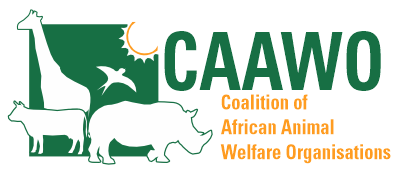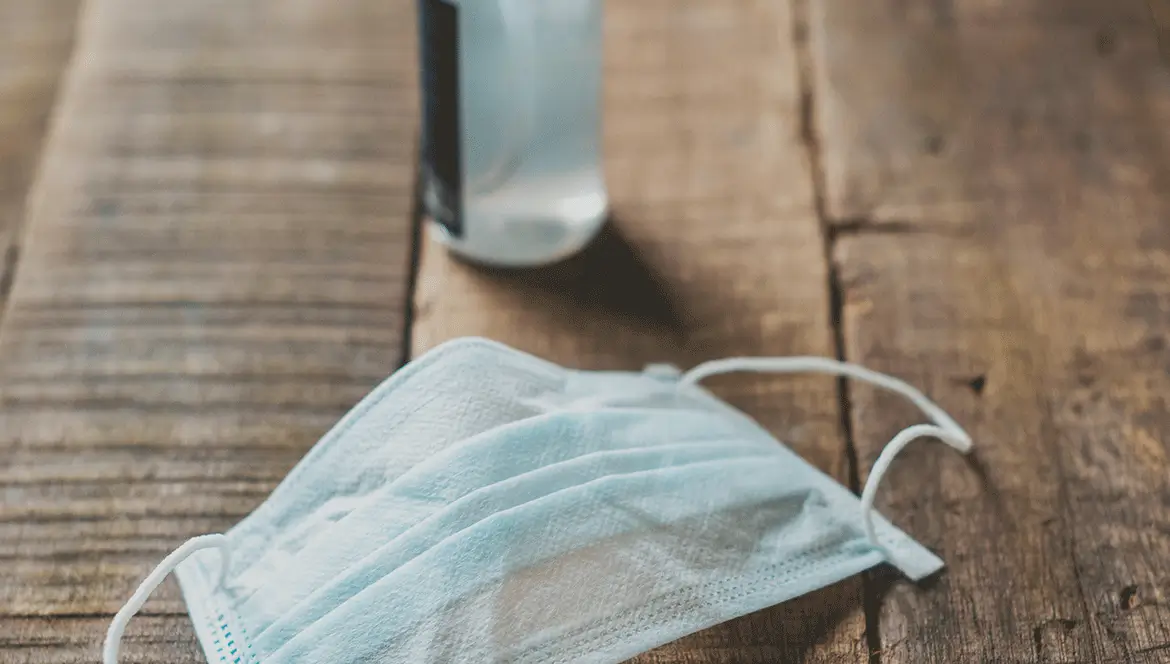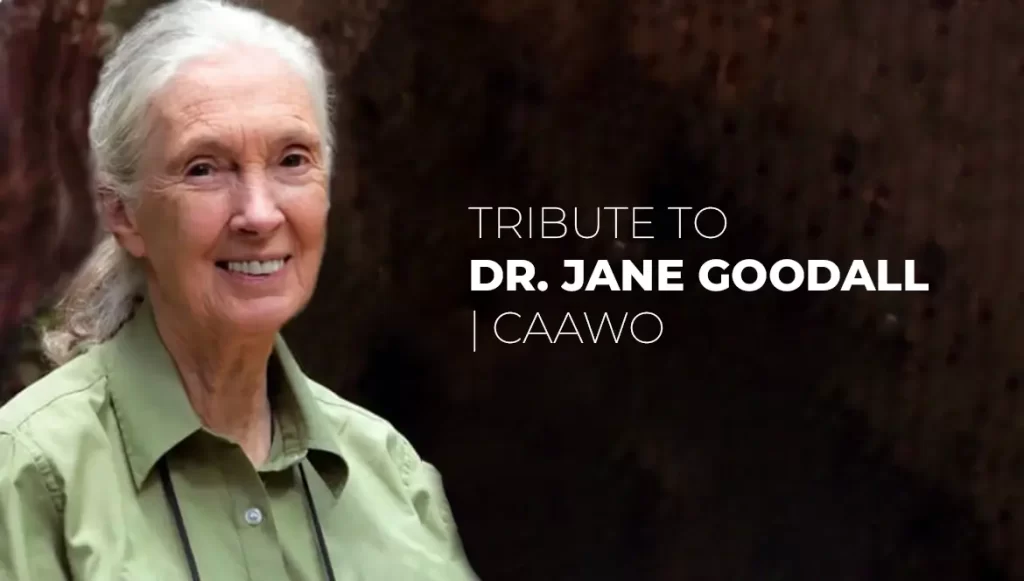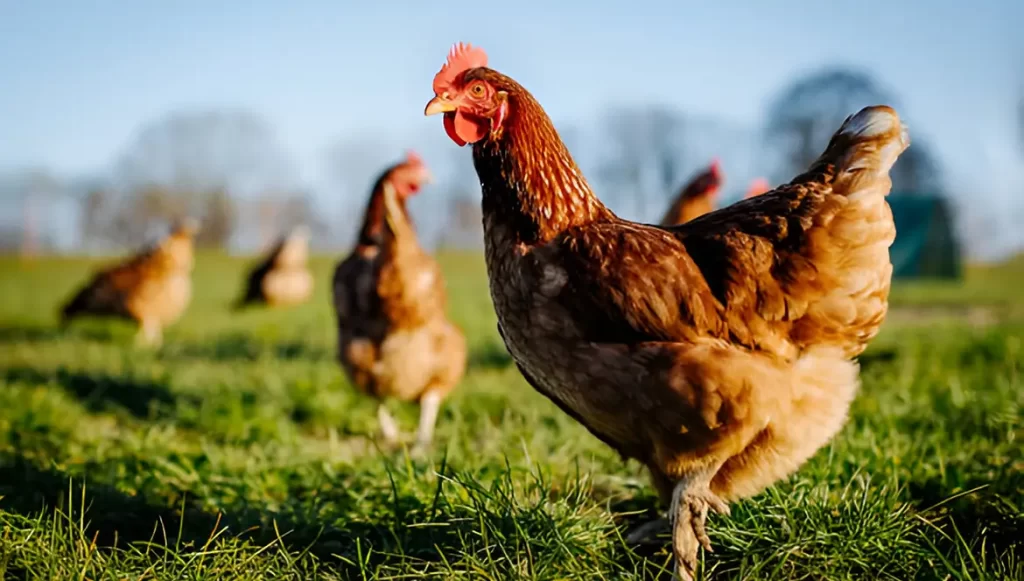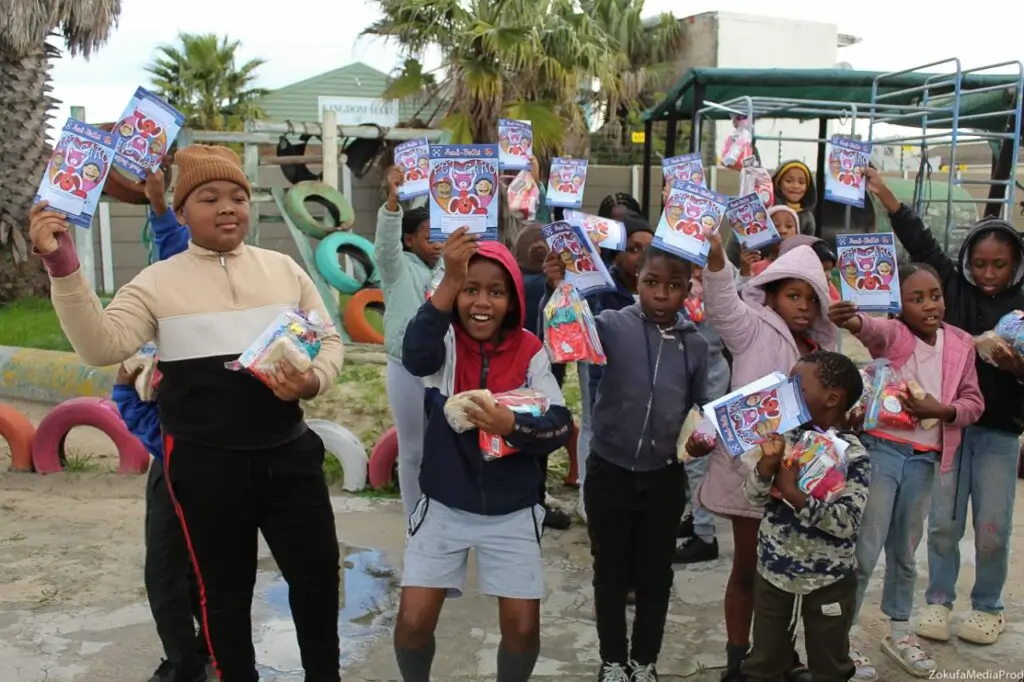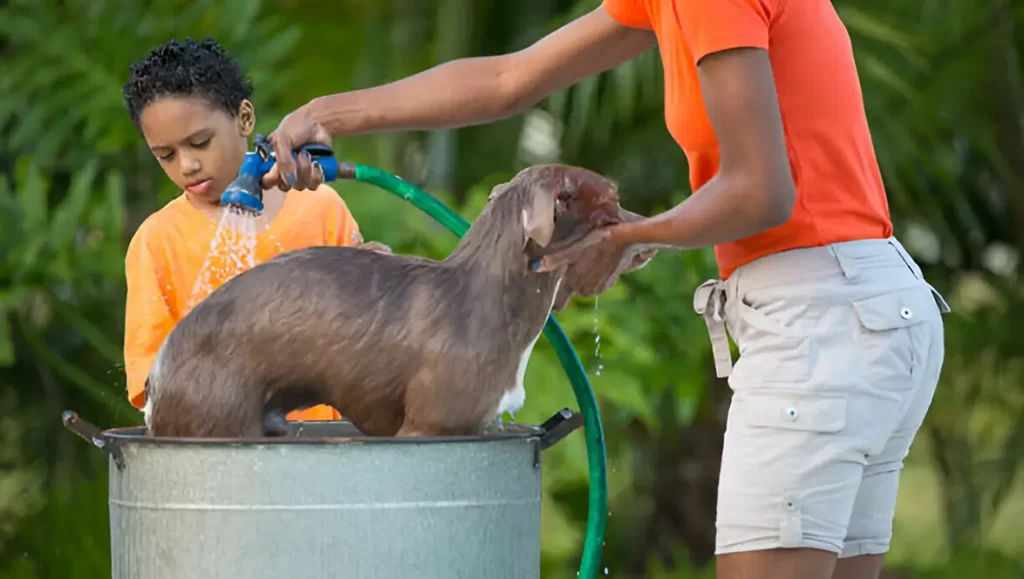How does the global COVID-19 pandemic relate to humankind’s impact on the planet? And how can the notion of biodiversity act as a protective mechanism in the future? Read on for a few important clues.
University of KZN geography professor Brij Maharaj focuses in his article “COVID-19 gives us a chance to plot a new global path” on just how much we had been hiding behind laptop and computer screens in a world “insulated from natural hazards” until the COVID-19 pandemic hit. He claims the virus has, in fact, presented us with a chance for the globe on which we live to “rest and heal”; and for voices other than those of economic prowess to be heard. Maharaj describes these as the voices of “nature, the poor, justice” – very much the aims elaborated on in the United Nations’ 17 Sustainable Development Goals (SDGs) to bring about “decent lives for all on a healthy planet by 2030”.
Then, political economy professor Robert Skidelsky, in his piece “Will COVID-19 put us right with nature?” refers to the 2014 lecture of science writer Stephen Petranek. Petranek lists four human-created cataclysmic events that could end the world as we know it: pandemics, biological mishaps, nuclear war and global warming, which would come about directly from the way in which humans interact with nature. Citing the opinion of gobal health consultant Allana Shaikh, Skidelsky surmises: “When we burn and plow the Amazon rainforest, when the last of the African bush gets converted into farms, when wild animals in China are hunted to extinction… human beings come into contact with wildlife populations they’ve never come into contact with before. When we disrespect nature’s autonomy, nature strikes back at us.”
ORIGINS OF COVID-19
A “wet market” is a marketplace selling fresh food such as meat and fish. Increasingly, though, Chinese markets of these kinds have been found to sell wildlife in the form of live exotic animals, ranging from foxes, wolf cubs, civets and turtles, to bats, snakes and pangolins. While a wet market such as the Sydney fish market has been inspected and found to be perfectly hygienic, Australian agriculture minister David Littleproud told the BBC that other such markets have been described in much harsher terms: “Hygiene is non existent, and you smell the market before you see it. When you live in China, you get used to it and don’t even notice it too much. But [the] smell is caused by bacteria decomposing the food, or by animal faeces. So even if we are used to it, smell points to low hygiene. And [a] smell that can knock you off your feet, points to extremely low hygiene.” Littleproud continues: “When you add wildlife, live wildlife, exotic wildlife – that opens up human risk and biosecurity risk to the extent we have seen. And, in fact, China themselves reported this to the World Organisation for Animal Health; that this was the cause of COVID-19.”
Adding to the debate, World Health Organisation head, Tedros Adhanom Ghebreyesus, says these markets should reopen only on the condition that they “conform to stringent food safety and hygiene standards” – adding that all governments must also “rigorously enforce bans on the sale and trade of wildlife for food” or see similar pandemics rearing their ugly heads in the future. In fact, a paper from the World Organisation for Animal Health reveals that COVID-19 is a close relative of other viruses that are commonly found in horsehoe bats, which are likely to have passed – at a wet market such as the one in Wuhan, China – to humans directly from the bats themselves; or via an intermediate host, possibly the pangolin, which the World Wildlife Fund has labelled “vulnerable to critically endangered”.
MAKING AN ABOUT-TURN
Environmental and conservation organisations, such as the Endangered Wildlife Trust, are describing COVID-19 as an opportunity to make an about turn in our behaviour – to “change our attitude towards wildlife”, “learn our lesson” and slow the “exploitation of our planet’s biodiversity”. Manager of the EWT Wildlife in Trade Programme, Annie DuPre-Reynolds, writes in her March 2020 piece “COVID-19 Lockdown” that “Deforestation and habitat reduction have driven wild animals out of their natural homes and into areas of human habitation… (And) as we bring wildlife into urban areas as part of the wildlife trade, we increase the ways zoonotic diseases can hop from animals to humans” which can easily “switch hosts in new ecosystems”.
In fact, something as simple as biodiverse farming, a process where the indigenous vegetation of a tract of land is maintained at all costs, can make a difference to the conservation of the planet on which we live. Glenneis Kriel, in his article “Biodiversity: a valuable ally for the farmer”, explains that stretches of indigenous vegetation near cropland give harmful insects and birds (as just two examples) a “more natural feeding alternative to the crops” and provide a “safe haven for beneficial predator insects/birds that keep these pests under control”.
“Each plant species plays a role in an ecosystem, so its removal has knock-on effects on other plant and animal species in the system,” says Rhoda Malgas, a researcher at the Department of Conservation, Ecology and Entomology at Stellenbosch University, of her research on small-scale rooibos farmers in the Northern Cape, which is also reported on in Kriel’s piece. A colleague of Malgas, Cape Nature botanist Rupert Koopman, believes another benefit of the natural veld is that it adds to the overall appeal of a farm, opening up fresh income-generating opportunities through tourism activities, he enthuses. In fact, farmers should begin seeing themselves as “custodians of the land” or at least one million animal and plant species will face extinction within decades, says a May 2019 report by the Intergovernmental Science-Policy Platform on Biodiversity and Ecosystem Services (IPBES).
Now is the time for us to consider our impact on the planet, says the director – Regional Coordination at the Coalition of African Animal Welfare Organisations, Tozie Zokufa. “Our Coalition is deeply concerned about the gravity of the COVID-19 pandemic on the lives of both humans and animals; not only in South Africa, but on our continent and around the world. It has become clear that protecting the health and welfare of animals is vital to the protection of human health. In the light of the pandemic, we are urging our governments to ban the commercial trade of wild animals for all purposes, including food, pets and traditional medicine, in a precautionary approach aimed at reducing the risk of further zoonotic disease epidemics, where 75 percent of emerging infections come from the animal kingdom. It is partly as a result of these wet markets – mentioned above – but it is also as a result of other places where humans and animals come into close contact. If we don’t take care of nature, nature will take care of us.”
